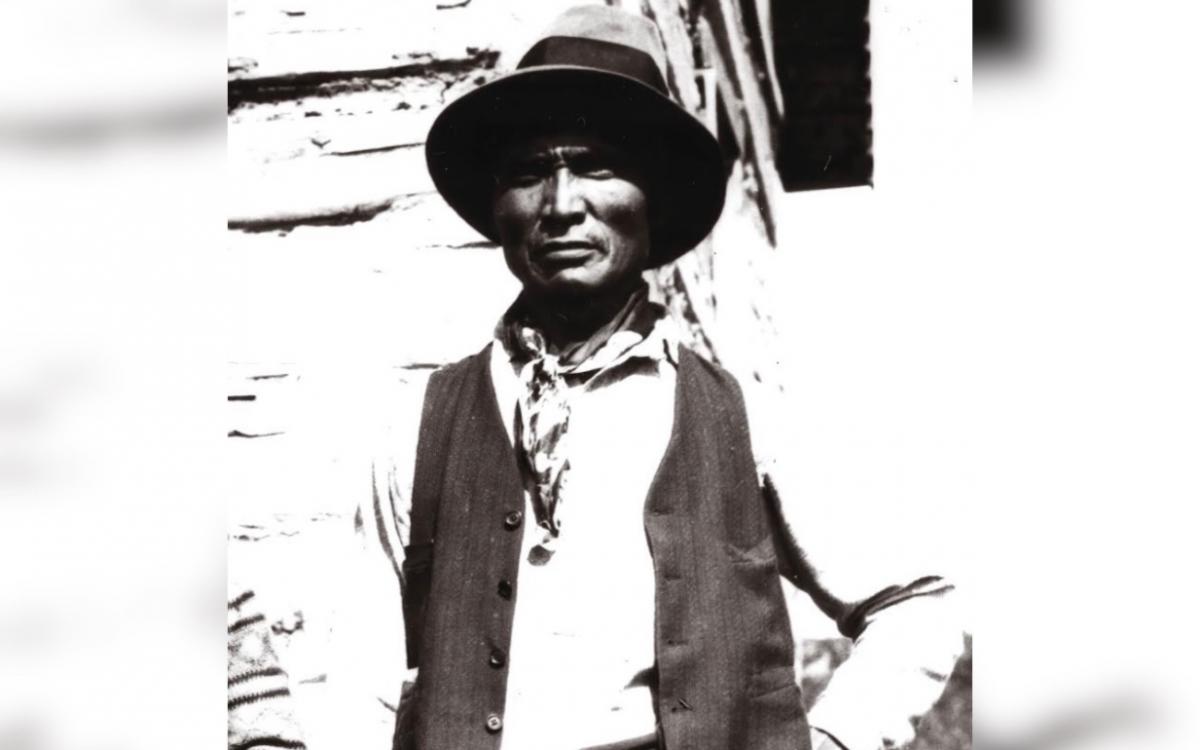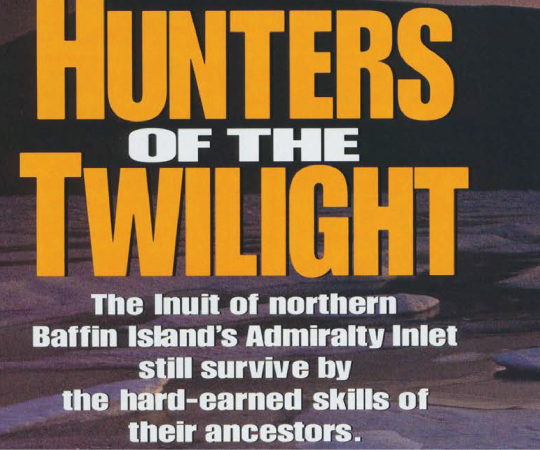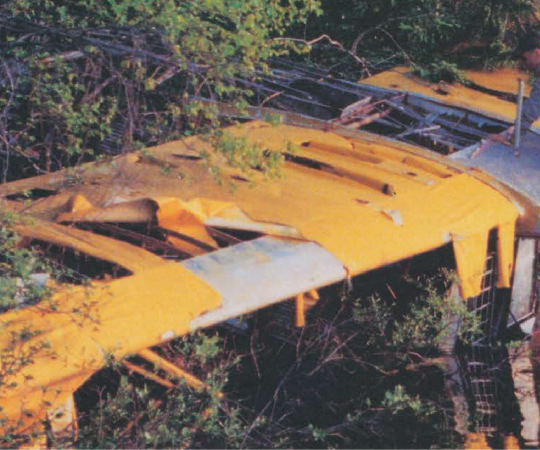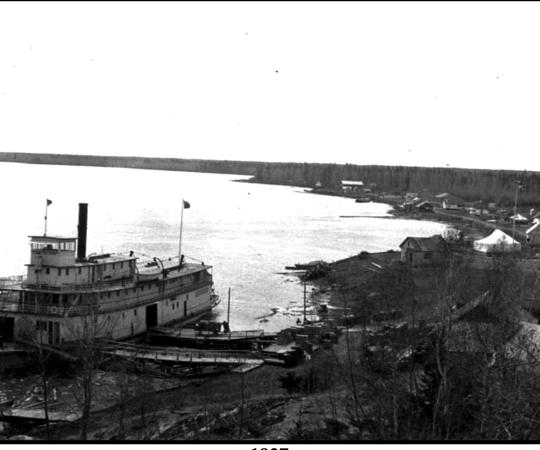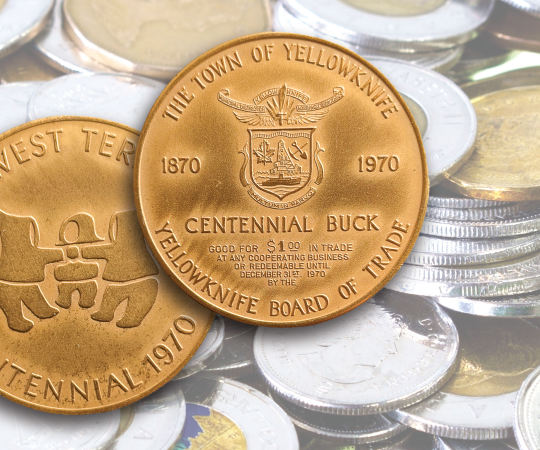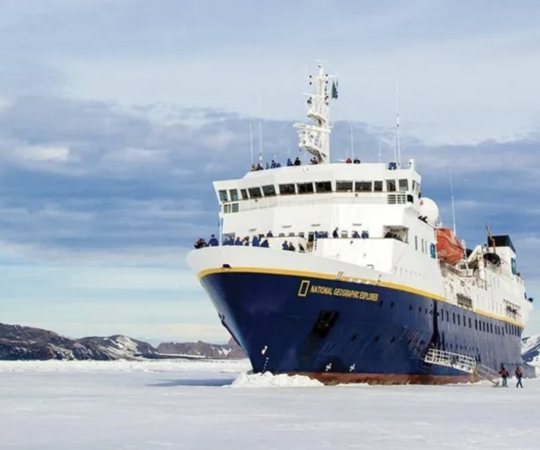In a contract, it is required that both parties know the deal.
The Tulita Elders said the Canadian Government Treaty party, complete with Roman Catholic Bishop Breynat, showed up in Fort Norman on July 15, 1921 to begin Treaty 11 discussions with our people. They said they wanted to talk about ‘Peace and Friendship’, not land. The Elders also said the Dene translators from Fort Simpson were unable to explain the treaty contents in Tulita dialect, so there was confusion as to what the information was, but they remember the peace and friendship part.
My two grandfathers signed Treaty 11 on behalf of Tulita people: Chief Albert Wright from the Mountain Dene and Chief Zaul Blondin from Norman Wells area, 50 miles north of Tulita, where oil was discovered on his traditional hunting lands.
Chief Albert Wright was probably the best educated of all the Treaty 11 Dene chiefs in the white man way of education. He was sent to Montreal or Toronto by the Pentecostal Church to be trained as a minister, so his English skills were good for the time. Chief Zaul Blondin had limited English, but he and Chief Albert Wright made a good team representing the Tulita people. They were honest and straight-talking men.
Commissioner Conroy explained this was a ‘Peace and Friendship’ Treaty–the Canadian Government wanted to be ‘friends’ with the Dene People of the NWT. This sounded good but our people wanted assurances that hunting and fishing rights would not change or be regulated by laws and game wardens. Conroy assured the people they could hunt any animal or bird as they had always done, which was satisfactory to Tulita people, but there was a condition–this Treaty had to be signed and money paid to those who signed.
Granny Elizabeth (Yakeleya) and others thought ‘if you are our friend, we do not pay money for people to be our friends, there must be something more’. She knew the Government does not give anything away for nothing. Granny said, “if we worked for the money and are paid for that, it makes sense, but to be paid to sign papers you don’t understand, doesn’t sound right”, and they would not sign. It was at this critical moment that Bishop Breynat went to work. Most Dene were Catholics, except the Gwich’in, so when the bishop spoke it carried a lot of weight. Granny said, “He works for God and therefore cannot lie, steal or cheat, he must be a honest man.” The bishop said Conroy is right and wants to help the People now and in the future and the best thing for the Dene is to sign Treaty 11. After the bishop spoke, they signed as a sign of faith in the Catholic Church.
The Dene always had a nagging feeling they were not being told the whole story about Treaty 11, especially the legal language the translators could not translate. The Dene were not provided lawyers to help understand it, nor time to absorb it and ask important questions. The treaty was a one-way street as we had no input in its content. The Canadian Government claimed there were ‘negotiations’ but this was not true. It was a meet and greet information session. This made our people uneasy about the whole process, with good reason, as we learned later.
Treaty 11 Commissioner Conroy and Bishop Breynat were not upfront and honest with the Dene. They deliberately withheld crucial information in order for the Dene to sign documents to transfer the Norman Wells oilfield resource from our people. It was legal thievery of the highest order but thievery nonetheless.
The third party to this theft was Imperial Oil, who were given two-thirds of the oilfield outright before the Treaty 11 party arrived in the NWT, so it was a deal done in the shadows and NWT signing was a well-planned charade.
Nowhere does Treaty 11 mention Norman Wells oilfield, which was the real prize, and nowhere in oral discussions is there mention of the 1917 Migratory Birds Convention Act, an international treaty signed between Canada, USA and Mexico forbidding the shooting of game birds in the spring, a major source of food for Dene. This was a major concern as people lived off what they shot, living on the land.
I feel the NWT chiefs need to ask important questions at an open inquiry. Why did Canada give away the Dene oil resource? Did the Catholic Church benefit from persuading the Dene to sign Treaty 11? There are other questions, and yesterday’s harmful decisions need to be corrected.
The Blondin family and their relatives were driven from their homes and had homes destroyed, not once but twice, and neither apologies nor compensation were ever given to them. It is estimated that Imperial Oil pumped out 276,000 million barrels of oil. Treaty 11 is a shameful document that we cannot be proud of.
My grandmother Elizabeth Yakeleya used to say “how come our land is so rich and we are so poor…” This happens when you work with thieves.
Treaty No. 11: The last of the numbered treaties covers most of the Mackenzie District. The land in the area was deemed unsuitable for agriculture, so the federal government was reluctant to conclude treaties. Immediately following the discovery of oil at Fort Norman in 1920, however, the government moved to begin treaty negotiations. (GNWT: Understanding Aboriginal and Treaty Rights in the Northwest Territories)

